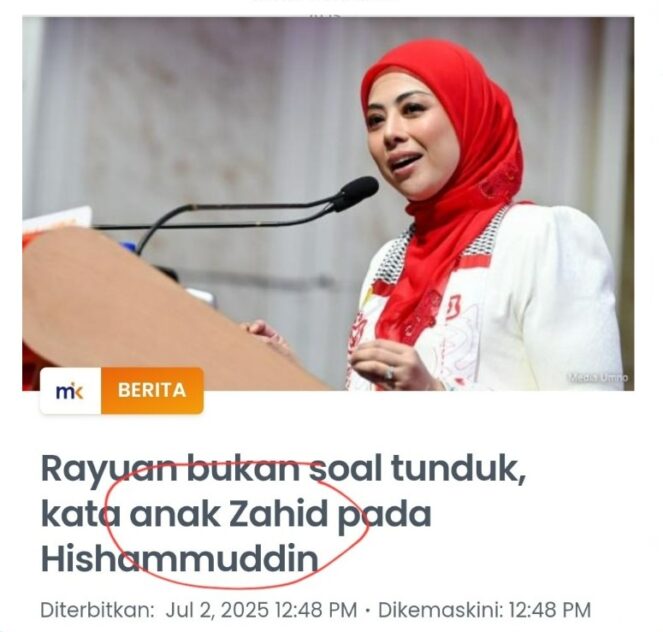THE Malaysian Plastics Manufacturers Association (MPMA) and Malaysian Plastics Recycling Association (MPRA) has rebutted misconception in a Greenpeace Malaysia report that painted the country’s legitimate and law-abiding recycling industry in a bad light.
“It is uncalled for and inaccurate for Greenpeace Malaysia to liken Malaysia to a ‘dumping ground’ when referring to legitimate imports which comply with regulations and laws,” MPMA and MPRA pointed out in a joint statement.
“Greenpeace Malaysia has also missed the bigger picture by zooming into just two years’ trade data.”
MPMA and MPRA said they support the clamp-down on illegal sampah plastik imports and illegal recycling operations, and will continue to support the Government in efforts to crack down on unscrupulous and illegal operators, and to protect the environment.
“We need comprehensive solutions to address plastics throughout its life-cycle – from design to waste reduction, recycling to proper disposal at the end of life,” opined both associations. “Malaysia needs to invest in developing a circular economy.”
Plastics recycling could contribute RM15 bil to RM20 bil to Malaysia’s economy. A circular economy with a clean, vibrant and healthy plastics recycling industry would be a new engine of growth for employment and exports.
According to uktradeinfo, the UK exported less plastic scrap to Malaysia in 2020 than in 2016.

In 2017, China announced it would ban on all imports of plastic waste from 2018 which had the effect of flooding world plastic scrap markets.
The UK’s plastic scraps exports to Malaysia correspondingly rose in 2017 and peaked in 2018 when the sampah plastik controversy blew up.
“Malaysian authorities then tightened imports by introducing 18 new rules and regulations including inspection at Malaysian ports by SWCorp (Solid Waste and Public Cleansing Management Corporation) to identify illegal sampah plastik imports,” the joint statement noted.
Following this, the volume of plastic scraps import to Malaysia fell 61% from a peak of 102,0888 tonnes in 2018 to 40,007 tonnes in 2019, a five-year low.
In 2020, as Greenpeace reported, the volume recovered to 65,316 tonnes. But his is still 6% less than in 2016 and reflects the stricter control by the Government.
Meanwhile, the amendment to the Basel Convention which came into effect in January 2021 will further regulate the transboundary movement of scraps globally, according to MPMA and MPRA.
Only clean, homogeneous recyclable scraps can be imported in a controlled manner while non-homogeneous scraps movement require prior consent from the Department of Environment (DOE).
“Legitimate plastics should not be tarred with the same brush as sampah plastik. Inaccurate statements could destroy the livelihoods of law-abiding Malaysians and the families and loved ones that they support,” lamented MPMA and MPRA.
“Legal and certified operators import clean, homogeneous recyclable scraps and recycle them into valuable materials to support various industries.” – Feb 25, 2021









